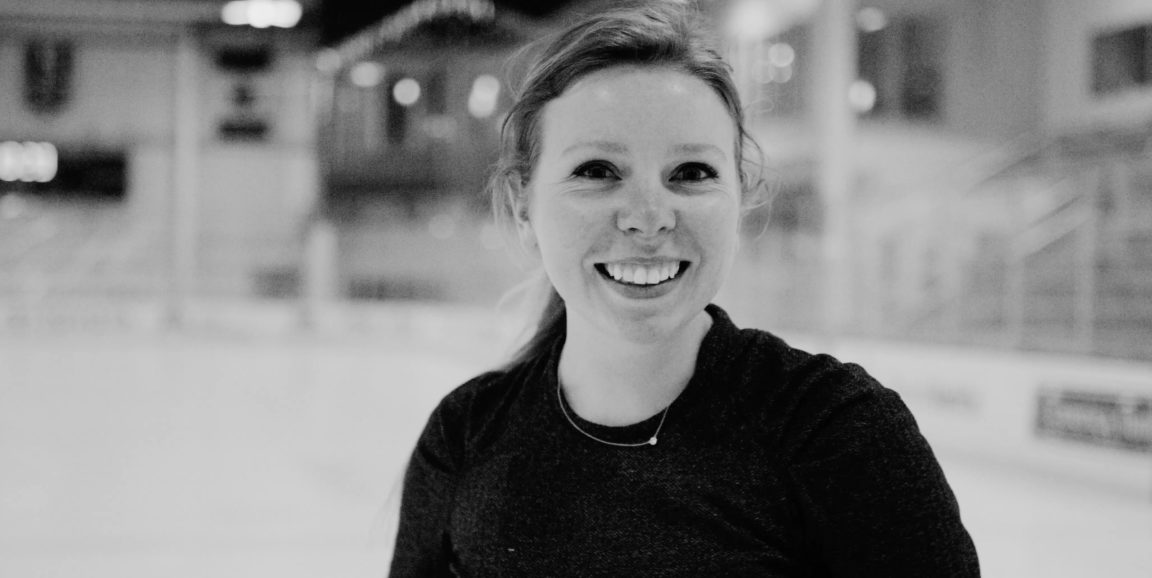Rachael Flatt was just 17 years old when she represented the United States at the 2010 Winter Olympics. When she retired from figure skating in 2014, and then graduated from Stanford in 2015, Flatt needed time and support to process the range of emotions she’d experienced as a competitor, from the euphoric highs of finishing a program as thousands of fans cheered and millions watched on TV, to the lows of facing losses, injuries, and internet-fueled body shaming. As I wrote for Stanford magazine:
'I was known for being very mentally tough and very competitive,' Flatt says. 'I always delivered.' Her performances, however, weren’t enough to protect her from cruel social media commenters. 'I was teased constantly about my weight and all that stuff. The running joke was ‘Rachael Fat’ instead of ‘Rachael Flatt.’ She knew better than to pay attention to it, but sometimes curiosity won over and she’d scroll through YouTube to read what people wrote. This level of public scrutiny only piled on to the self-esteem and body image issues that any teenager might have.
And it wasn’t limited to anonymous commenters. 'I constantly received feedback from judges and coaches about needing to lose weight and to tone up,' Flatt says. 'It was very frustrating for me to deal with that, but fortunately it never progressed beyond that.' She credits her support system of parents and friends with helping her maintain a healthy relationship with food. They’d remind her, 'OK, you need to be realistic. Take care of your body. Fuel your body.'
Even among athletes competing at the world level, demand exceeds the resources available to meet everyone’s needs with face-to-face counseling, Flatt said. She sees building digital mental-health tools as a way to serve more people.
Now, as a research assistant in the lab of C. Barr Taylor, professor emeritus of psychiatry and behavioral sciences, Flatt works on eating disorders prevention and intervention studies, including an evidence-based screening tool for the National Eating Disorders Association developed by Taylor and Denise Wilfley, PhD, of Washington University in St. Louis and colleagues. Last year, in a little over 6 months, 100,000 people completed the screen, which assesses for the presence of an eating disorder or a risk of developing one, and provides users with appropriate resources.
“Rachael has helped us realize the limits of this screen for athletes in general and for specific types of athletes,” Taylor said. “As a result, we have added several items to the NEDA screen that will help inform us as to how we might adapt the screen and recommendations.” He’s also considering other studies to better address mental health problems in athletes.
Flatt is applying to doctoral programs in psychology and aims to build and share the tools she needed as an athlete at the top of her game and in transition to a new life. Taylor is confident she will continue to make strides in the field. “Her dedication to helping athletic populations in new and creative ways has been inspiring,” he said.
Image by Aaron Kehoe




